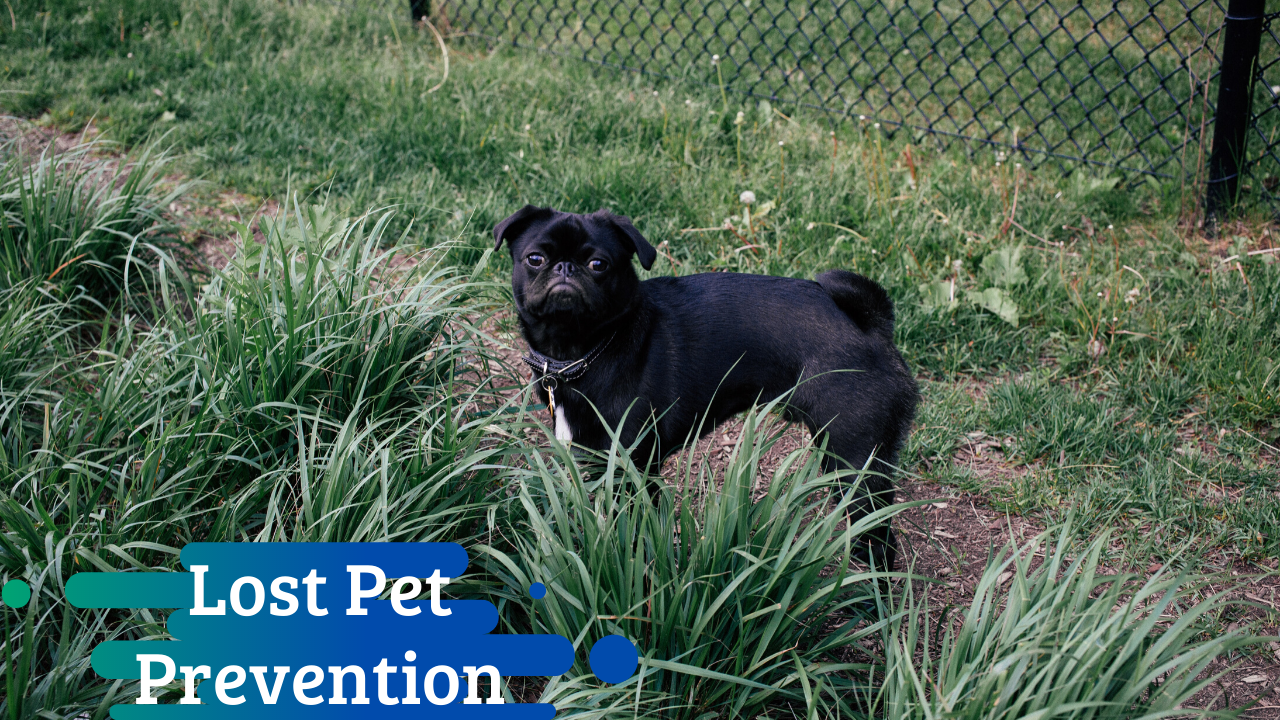Lost Pet Prevention
Jul 16, 2020
July is National Lost Pet Prevention Month™! While we all like to hope that our pets will never go missing, the sad fact is that a pet goes missing in the United States every 2 seconds. That is 10 million pets a year or 1 in 3 pets in their lifetimes. Sometimes those pets come home within an hour other times they are never reunited.
That's why PetHub started NLPPM in 2014. They picked July because it is the start of a two-month increase in pets reported missing. A survey in 2015 found that Animal Control Services see a 30% increase in lost pets July 4-6, and only 14% of lost pets make their way back to their owners.
So what can you do to prevent your pet from going missing?
An ounce of prevention is worth a pound of cure, that goes for pets too. One of the best things you can do is to cut down on the opportunities for your animals to get loose or escape.
One of the things that we have seen is animals pushing out screens to get out of windows or getting out of holes or tears. If at all possible, we recommend running your AC when you are not home to supervise your pets to prevent this. We know that AC isn't available to everyone, but the more you can keep your windows closed, the better, so if you do have to keep windows open during the day, try to open them from the top, not the bottom.
Work on training your pets not to door dash. You can train any animal to go to an alternative location when someone approaches the door (yes, all animals!). It is one of the best things you can work on with your pets, especially while spending more time at home. Don't know where to start? We can help!
You should always supervise your dog when they are outside. All it takes is a minute for a dog to find a way to escape or to be carried away in the case of smaller dogs.
If you have a fence, make sure you are checking it for gaps and weak spots daily. Make sure that you fill in any holes your dog starts to dig as soon as you can. Ideally, your fence should be over 6 feet tall. Most dogs can jump a 4-foot fence, especially in the wintertime when the snow builds up.
If you use a tie out for your dog, make sure you are using them with a harness instead of their collar. Not only are harnesses harder to wiggle out of, but it also reduces the risk of choking.
Most importantly, make sure your dog has a reliable recall. You should only have to call your dog once. If your dog struggles with this, we want to know. Not only can we help, but we are curious how widespread of an issue this is. We are planning on offering a workshop on come when called and would love to pick your brains.
This post is not meant to be a comprehensive list. We do not even touch on forms of identification or what to do if your pet does go missing. PetHub has compiled a list of dozens of resources on everything thing you need to know, and we highly recommend you check it out